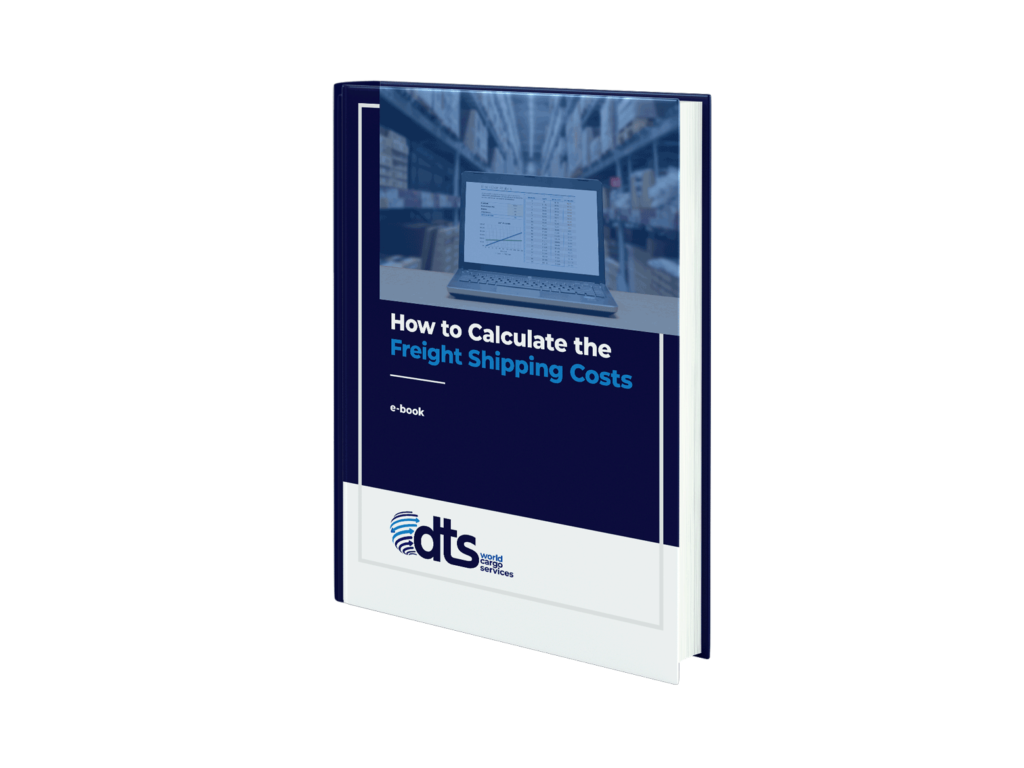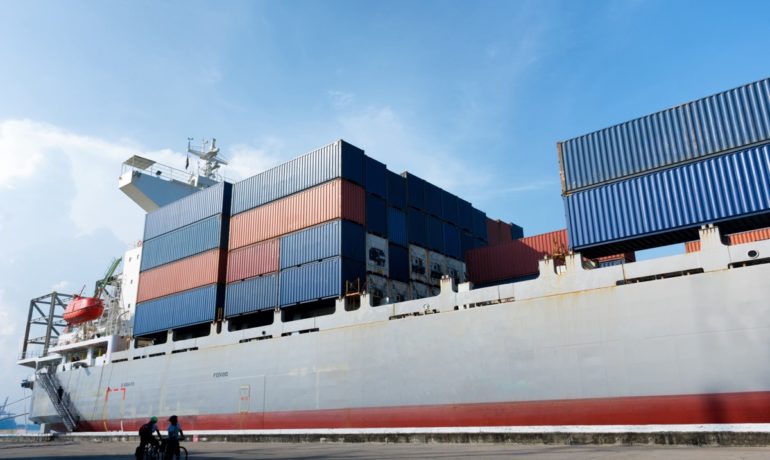Read Time: 4 min.
Carrier liability insurance and cargo insurance might sound like the same thing, but there are significant differences between the two. Knowing what these are could help you reduce risk and lower your shipping costs, sending value directly to the bottom line.
Carrier Liability vs. Cargo Insurance: Understanding The Terminology
First off, let’s look at the definitions of the two terms:
- Carrier Liability is generally included in the quote the carrier gives you for your shipment. The value of this coverage is often much less than the value of your cargo. However, it depends on what you’re shipping and the carrier’s rate for that type of commodity.
- Cargo Insurance is elective coverage (meaning you can purchase it or not) based on the actual value of the cargo. Cargo insurance fees are in addition to the carrier’s liability. The advantage is that you’ll have coverage for the total value of your goods.
Who’s At Fault?
The issue of fault is quite different between carrier liability and cargo insurance. With carrier liability, the shipper must prove that the damage or loss is the carrier’s fault and provide evidence of value and loss. With cargo insurance, you only have to prove that damage or loss occurred while the goods were in the carrier’s possession.
What’s Covered/Not Covered?
Carrier Liability does not cover concealed damage, weather, acts of God, or damage that results from improper packaging or loading.
Cargo Insurance covers just about every type of damage for any reason. However, some types of cargo might not be covered, depending on your 3PLs policies. Service guarantee failures are also usually not covered. Be sure you read the fine print on your agreements.

Claims Process
Carrier Liability claims must be filed within nine months of delivery. You might also need to file separate claims with each carrier involved in handling your cargo.
Cargo Insurance allows you to file a claim once for all carriers associated with your shipment.
How To Calculate The Freight Shipping Costs

Claims Timeline
Under Carrier Liability claims, carriers have 30 days to acknowledge a claim and 120 days to respond. Should supporting documentation be required, it might take longer.
Cargo Insurance claims are usually resolved within 30 days of filing.
Concealed Damage Claims
Carrier Liability makes it challenging to file concealed damage claims, especially if a signed delivery receipt is on file. The signature assumes the cargo has been inspected, so if that’s the case, you might have an uphill battle on your hands.
With Cargo Insurance, you have five days to notify the insurance provider of any concealed damage or loss.
Replacement Coverage
Expedited replacements are not covered under Carrier Liability, but repair costs might be considered.
Cargo Insurance also doesn’t cover expedited replacements, but usually, the original shipping charges are covered as long as the packaging complies with industry standards.
In conclusion, having adequate coverage is essential to protect against loss and damage. Knowing your cargo is covered provides peace of mind, helping you focus on what you do best.
DTS World Cargo is here to ensure your shipments arrive on time and intact! Reach out today to request a quote.




